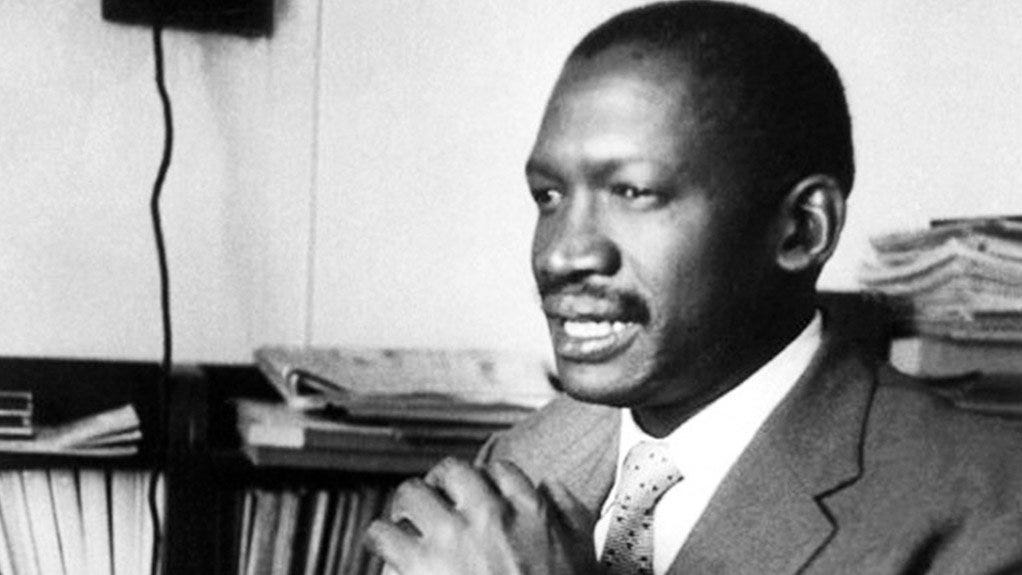From Pan-Africanism to Afrophobia: How South Africa Lost Its Continental Identity
Examining the Rise of Xenophobia, Nationalism, and the Erosion of African Solidarity in Post-Apartheid South Africa
The death of Pan-Africanism in South Africa has led to the rise of hatred, exclusion, xenophobia, and afrophobia. The ideals of a united Africa were once embedded in many great South African leaders and were core to our belief system. But does it still work in modern-day South Africa?
Over the years, more and more African countries have moved towards isolationism, many crippled by instability, corruption, and civil unrest. The promise of a united Africa, once a weapon used to fight against colonial powers, no longer holds sway with modern people, as they shift away from focusing on the continent and prioritize their own local stability.
Prior to the decline in stability and democratic processes, the African National Congress (ANC) was housed in Tanzania and later in Zambia as they fought against the Apartheid government. This was purely on the basis of shared African commonality and recognition that racism and oppressive forces should be removed from Africa. The willingness to extend an olive branch was more apparent then.
Internally, within South Africa, the Pan-African Congress (PAC), founded by Robert Sobukwe, continued to push for the priority of land and the return of wealth to African people. "We aim, politically, at the government of the Africans, by the Africans, for the Africans, with everybody who owes his only loyalty to Africa and who is prepared to accept the democratic rule of an African majority being regarded as an African,” with a strong emphasis on Africanness.
The PAC was a breakaway group from the ANC due to an unwillingness to share power with white South Africans after the formation of the Freedom Charter, which stated: "The land belongs to all who live in it, both white and black." The PAC prioritized their definition of Africanness, which excluded white South Africans, but they continued to stay committed to the continent.
However, over the years, the PAC, which now forms part of the Government of National Unity, has struggled to captivate South Africans. The party most affected by its open-border policy has been the Economic Freedom Fighters (EFF).
During the lead-up to the election, Julius Malema announced that his party was for open borders and committed to all Africans. “We are not ashamed of that statement. Every African who has got a contribution to make in South Africa must find a home here. This is the home of all Africans, and all of them will be accounted for.” However, these sentiments contributed to a decline in support during the election.
With limited opportunities, a rising unemployment rate, and a lack of basic services, many pro-socialist supporters who had already felt neglected by the ANC government feared that there would be even greater pressure on public systems if more people were welcomed into the country. This reflected a stark rejection of African immigrants coming to South Africa and finding opportunities beneficial to them.
This raised greater concern, as it allowed populism to grow within South Africa, with many politicians calling for illegal foreigners to leave the country. Many have begun to question the validity of citizenship in South Africa, creating hostility towards African individuals and, by extension, African nations.
The active exclusion and hatred directed towards Africans from the continent discredits the commonality we once shared. However, with limited resources and basic services, it has become significantly harder to engage in the same degree of solidarity.
In times when oppression and colonialism posed a common threat to the livelihood and political freedom of many African states, countries found commonality in their shared enemy. African nations became comrades because their struggles were the same.
Now, however, countries are faced with new and different struggles. The commonality that once existed no longer remains. In attempts to unify people within the country, there is a growing desire to find commonality in hatred towards foreigners, discrediting the bond we share as Africans from the same continent. But this must not overlook the diversity and differences we have in culture, identity, and race.
In modern-day South Africa, the commitment to the continent remains a controversial debate. Those who are most vulnerable express a degree of fear regarding open borders. We ought not to discredit the struggles others face in their own countries, struggles that often urge them to leave their homeland and live subpar lives in South Africa.
Unless South Africa as a country recognizes its interconnectedness to the continent and goes as far as recognizing neighboring countries as our own, we will never fully enshrine human rights and democratic principles for all.
In the words of Thabo Mbeki in his "I Am an African" speech: “The pain of the violent conflict that the peoples of Liberia, Somalia, the Sudan, Burundi, and Algeria feel is a pain I also bear. The dismal shame of poverty, suffering, and human degradation of my continent is a blight that we share. The blight on our happiness that derives from this and from our drift to the periphery of the ordering of human affairs leaves us in a persistent shadow of despair.”
Pan-Africanism, though not deeply embedded in our country, remains the combatant to exclusion and hatred spreading among Africans. Though not as effective as many might wish, it can be as powerful as the people make it.



Beautiful work. Thank you for sharing, truly❤️